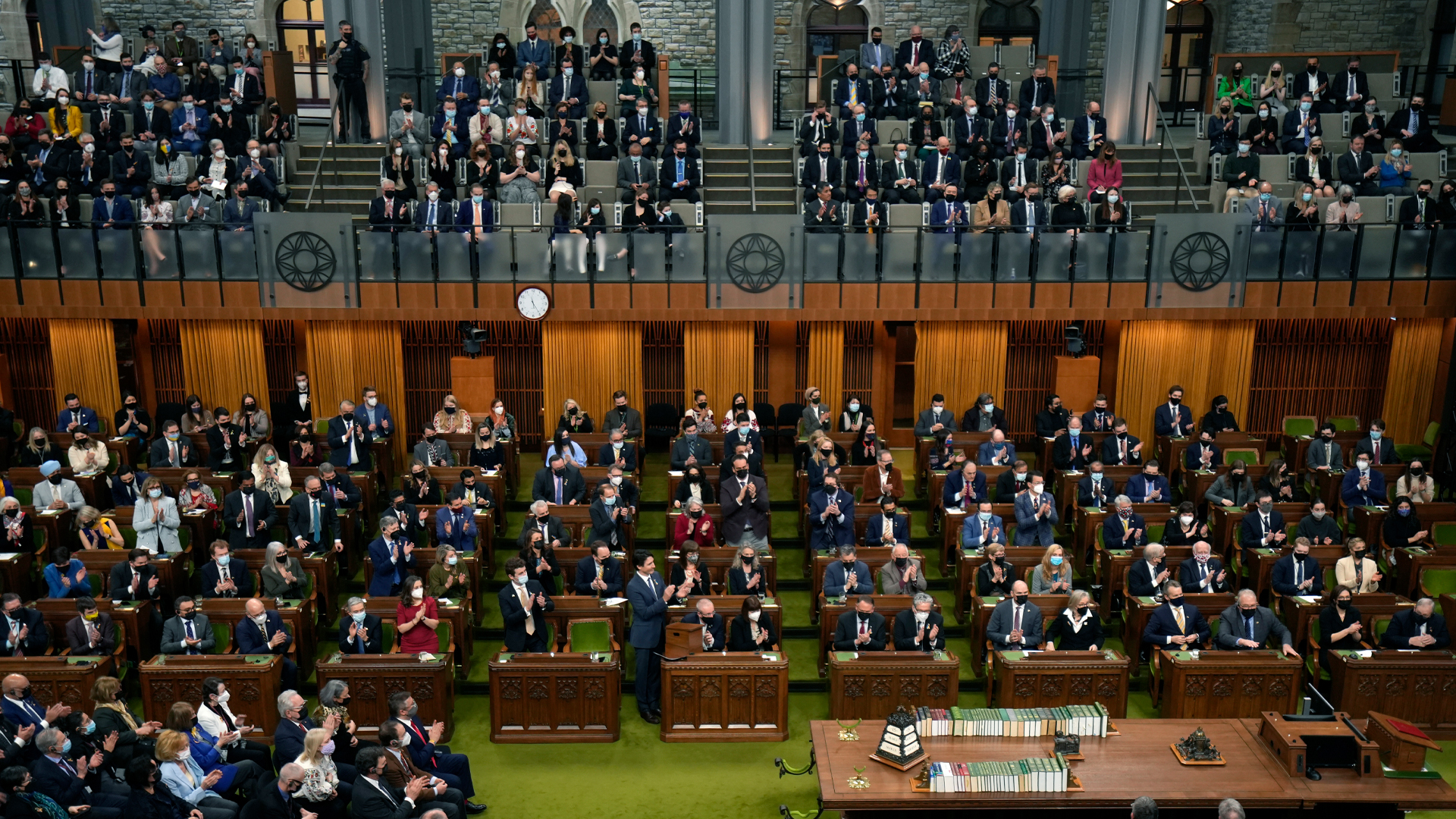
Eugene Lang recently suggested in a Policy Options article that Canada’s mandate letters are “another nail in the coffin of cabinet government,” issuing a critique of the weakening decision-making power of Canada’s ministries in the current political context. While the role of the Prime Minister’s Office in Canada’s federal system always makes for a fascinating debate, Lang’s critique of mandate letters is reflective of outdated approaches to agenda-setting that Canada can no longer afford to entertain.
Reactive or foresight-based agenda setting?
Lang posits that mandate letters erode ministers’ autonomy in agenda-setting. In other words, he argues that ministers should be allowed to influence their own priorities and shift the course of action in light of unexpected events.
This approach is based on models of sector-specific planning that in the past led to siloed policy-making where government policies are not mutually reinforcing. As researchers Michael P. Howlett and Kidjie Saguin argue, governments now have a global mandate for more integrated policy planning. Our interlocked social issues of economic inequality, climate emergency, weakening social welfare etc. all demand cross-sectoral policy designs that build on concerted government-wide efforts.
The COVID-19 pandemic, for example, has shown the interconnections of public health with employment, housing, education, infrastructure and so much more. Integrated but adaptive agendas are needed. In fact, in January 2021, the government issued supplementary mandate letters. This shows that, even in times of crisis, attempts at coherent government action are not abandoned; rather, the plan is updated.
Lang suggests a reactive approach by ministries because policy advisors cannot foresee the future. Yet national governments, multilateral organizations and private sector companies have been perfecting foresight-based methods of policy planning. Many of our current challenges, including the pandemic, have been foreseen by experts. Foresight methods, which are gaining traction among governments, United Nations agencies and the private sector support future-oriented strategic interventions based on environment scanning, possible-scenario tracing, and systems-level planning. Embracing these methods would allow us to move from reacting toward co-constructing more equitable mechanisms that serve the public.
Ministerial autonomy or participatory agenda-setting?
Lang’s critique suggests Canada’s ministers play a passive role in the elaboration of mandate letters. This implies a linear process in which agendas are set in a closed policy arena. However, policy studies, as a discipline, has largely abandoned this model of policy change. From the seminal multiple-streams framework of John Kingdon to the post-structural approaches of Frank Fischer, we know that policy is a less-organized, multi-faceted process in which discourses, institutional mechanisms, policy entrepreneurs etc. converge. Ministers can influence their mandates, amplify the voices of interest groups, and later translate them into action plans. Although certainly imperfect, mandate letters allow for greater participation in agenda-setting, which is particularly important, given that ministers are rarely technical experts in their given areas.
Moreover, mandate letters allow for greater party accountability, particularly on agenda items that have been traditionally ignored. For example, a focus on gender and racial justice, and the reconciliation with Indigenous Peoples are increasingly integrated across ministerial mandates. In this context, equity-seeking groups are able to advocate for implementation of policy instead of fighting to ensure those agendas are even on the ministers’ radar in the first place.
Dispersed or well-rounded ministerial agendas?
Next, Lang argues that the 38 mandate letters set unrealistic expectations about government commitments, given that they encompass too vast of an array of issues. Granted, interest groups are quick to declare a policy victory and political actors have incentives to accept praise for promised, rather than delivered, results.
However, mandate letters should not be confounded with to-do lists: not every mandate letter commitment needs to be implemented as an isolated initiative. Priorities can inform both what is done and how. For example, the mandate letter for international development includes commitments to supporting local women’s movements and organizations, and scaling up support for persons with disabilities. Logically, investing in feminist organizations with specific advocacy and service-provision programming that also support persons with disabilities addresses both priority issues in an integrated way. This is not always possible, but it is almost always necessary to attempt because our resources almost never meet our collective ambitions for more equitable societies.
More sophisticated instruments for more strategic policy planning
Policy-making in the current environment of multiple and converging global and national crises is not simple. The answer, however, is not nostalgia for simpler times. Instead, Canada’s policy experts with academic and practitioner expertise should demand more sophisticated instruments for more deliberative, future-oriented, and strategic policy planning.
As the pandemic has shown, our crises are not fleeting; they are here to stay. When critiquing existing mechanisms, we should stay oriented toward the future, demanding as much if not more transparency from this and any future government, leveraging instruments developed over the last decade of exponential technological, political and social change to propel our collective agendas forward.











